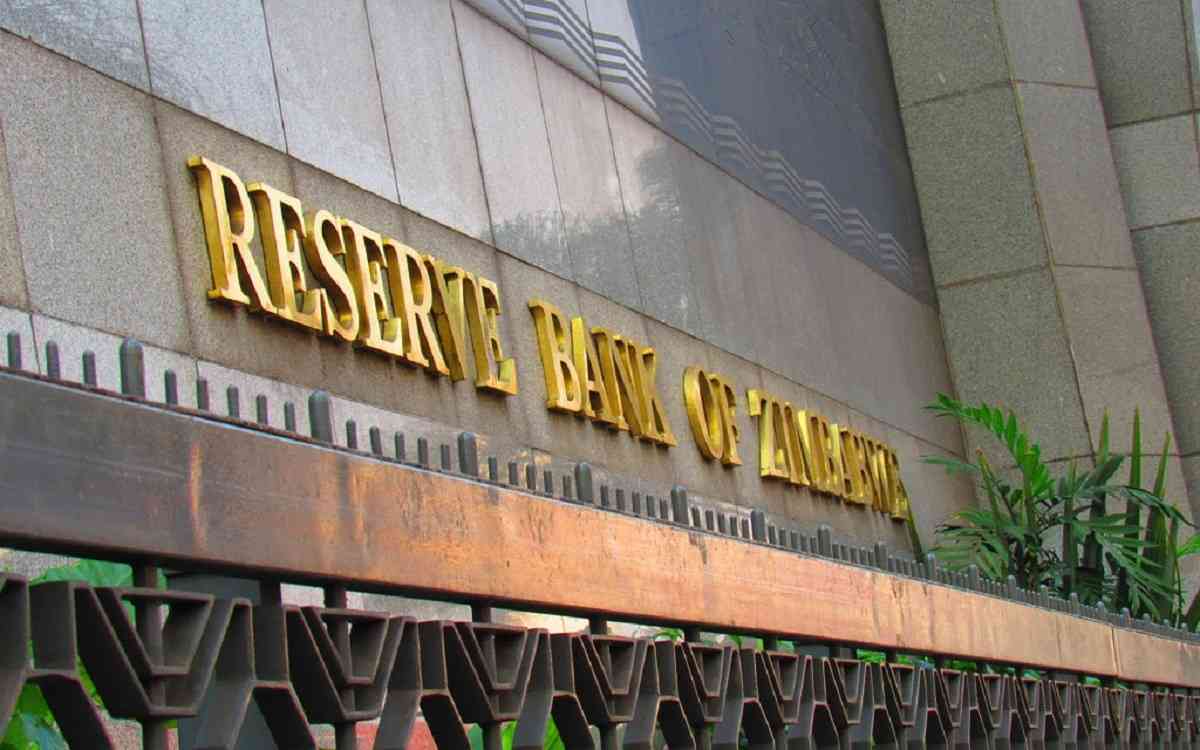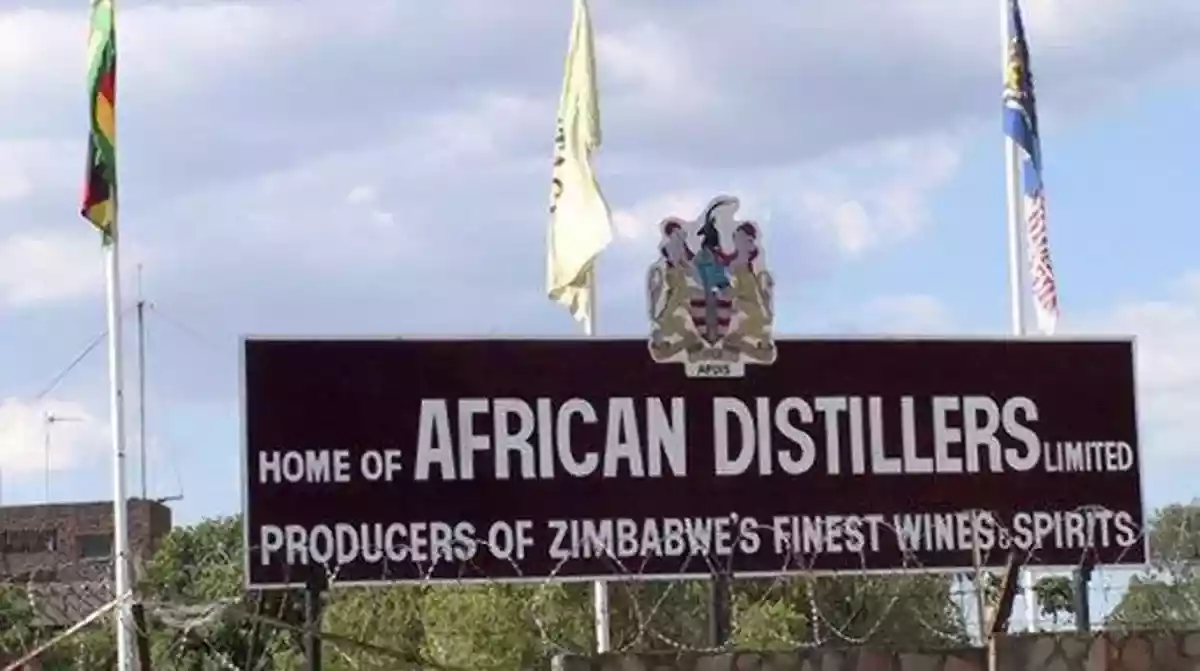
Large scale gold producers are allegedly using artisanal miners as fronts to channel gold to Fidelity Gold Refinery (FGR) in order to evade the central bank’s 30% surrender requirement.
Under current policy, the Reserve Bank of Zimbabwe (RBZ) compels exporters to surrender 30% of their earnings in exchange for local currency — a measure that businesses have long complained undermines capital availability.
In contrast, small-scale miners delivering to FGR are being paid 100% in foreign currency, a strategy meant to curb smuggling.
The practice, however, has opened the door for manipulation by big players.
It surfaced last week in Parliament during the presentation of the parliamentary portfolio committee on mines and mining development’s Inquiry on Responsible Mining in the Artisanal and Small-Scale Mining (ASM) sector.
“The committee learnt from the Zimbabwe Miners Federation (ZMF), that certain models, such as the 5% incentive tax and the payment of 100% foreign currency for gold deliveries, which were specifically designed to support the artisanal and small scale mining (ASM) sector, were being manipulated by large scale miners,” committee chairperson Remigious Matangira told MPs.
“These large scale miners were exploiting these models to funnel gold deliveries to Fidelity, which goes against the intended purpose of these incentives.
“As a result, there is a significant imbalance in gold production, with the ASM sector producing more gold than the large scale miners.”
- RBZ blocks Harare US dollar charges
- Industry cries foul over new export surrender requirements
- One stitch in time saves nine
- Banks keep NPLs in safe territory
Keep Reading
Small-scale miners currently account for between 60% and 70% of gold deliveries.
Matangira said the situation was worsened by the absence of a strong legal framework to govern the ASM sector, leaving loopholes that large scale miners have taken advantage of.
“The lack of regulation not only undermines the integrity of the ASM (artisanal and small scale mining) sector but also poses challenges for equitable resource management within the mining industry,” he said.
The revelations came as government set a target of 40 tonnes of gold deliveries to FGR this year, buoyed by a 40% surge in global gold prices. Market analysts forecast national output rising to 43,39 tonnes in 2025, up from 38,45 tonnes last year.
To plug leakages and boost deliveries, authorities are rolling out tougher monitoring, inter-agency coordination and stricter oversight.
“For small scale miners, incentives include a 5% bonus for every 500 grammes delivered to FGR to dissuade them from smuggling.
“The ZMF acknowledged that the country experienced leakages of gold through countries such as South Africa, Zambia and Mozambique.
“This was attributed to a number of factors, which include the location of gold buying centres and agents, as well as prices offered by the black market,” Matangira added.
FGR told the committee it operates 17 buying centres nationwide and deploys licenced buying agents in areas where it lacks a presence. The refinery has urged parliament to enact a statute compelling all miners to deliver their gold exclusively through FGR.
Currently, however, no law requires all gold to be traded through Fidelity — a legal gap that Matangira said demands urgent attention.











